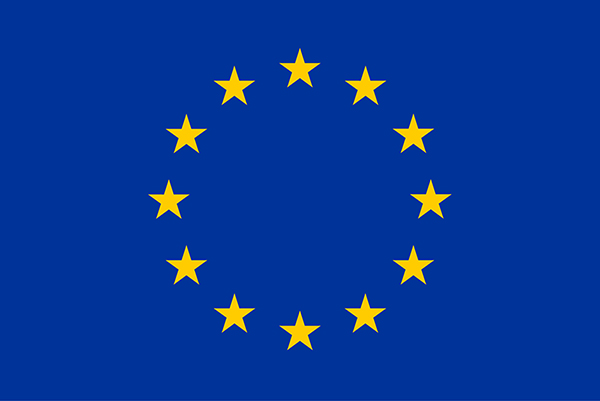NANOFASE
NanoFASE will deliver an integrated Exposure Assessment Framework, including methods, parameter values, model and guidance that will allow Industry to assess the full diversity of industrial nano-enabled products to a standard acceptable in regulatory registrations. Methods to assess how use phases, waste streams and environmental compartments (air, soil, water biota) act as “reactors” in modifying and transporting ENMs will be developed and used to derive parameter values. Our nanospecific models will be integrated with the existing multi-media fate model SimpleBox4Nano for use in EUSES and also develop into a flexible multi-media model for risk assessment at different scales and complexities.
Information on release form, transformation and transport processes for product relevant ENMs will allow grouping into Functional Fate Groups according to their “most probable” fate pathways as a contribution to safe-by-design based on fate.Methodology: Inventories of material release forms along the product value chain are established. We then study how released ENMs transform from initial reactive states to modified forms with lower energy states in which nanospecific properties may be lost. Transport studies assess material fluxes within/between compartments.
The experimental work underpins models describing ENM transformation and transport. Open access is provided to the models suitable for incorporation into existing exposure assessment tools (e.g. SimpleBox4Nano) and for more detailed assessment. Framework completeness is validated by case studies.Impact: Identified links between ENM material properties and fate outcome (e.g. safe-by-design). Improved representation of nanospecific processes in existing key fate and exposure assessment tools (e.g. SimpleBox4Nano in EUSES). Contribution to standardization. GIS framework to support predictive assessment, catchment and point source management of ENM releases.
Project Budget: 11’296’705 €
LEITAT Budget: 519’451 €
Financial Framework: Horizon 2020
Contract number: 646002
Start Date: 01/09/2015
End Date: 31/08/2019
Partners:
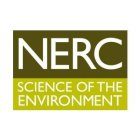



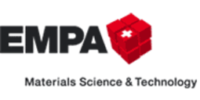

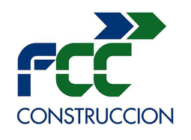
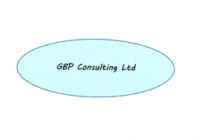

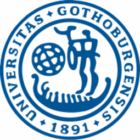



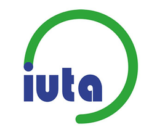
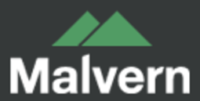

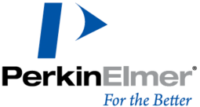


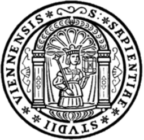
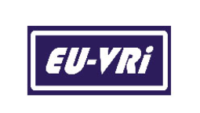




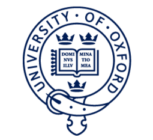


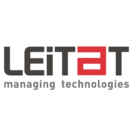



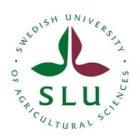

Contact Manager: L. García
